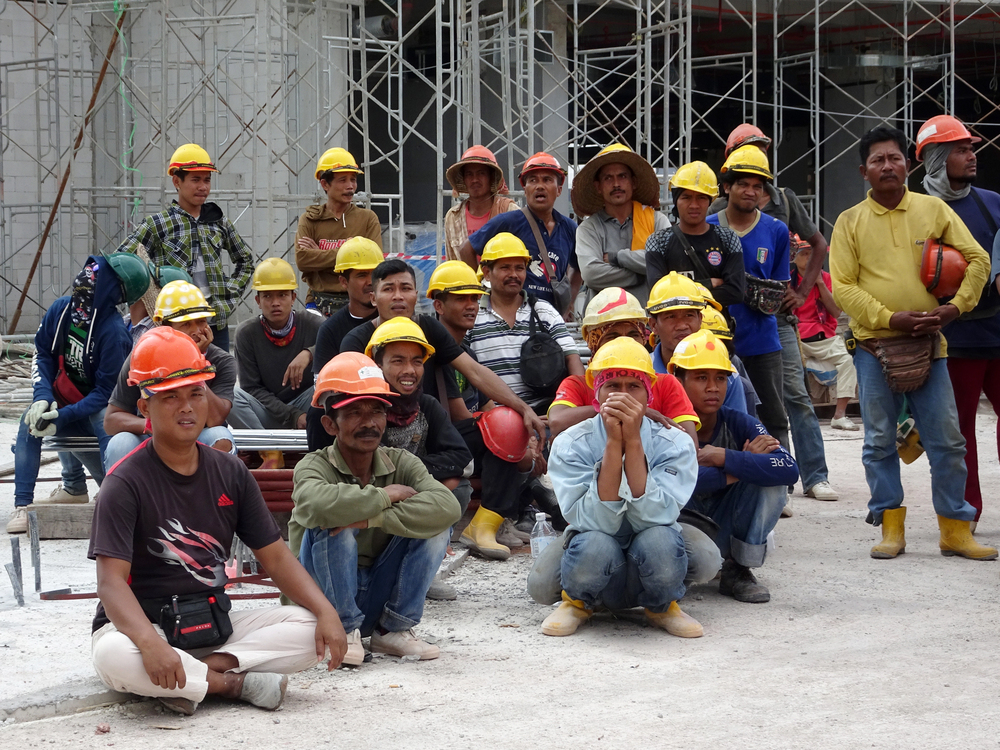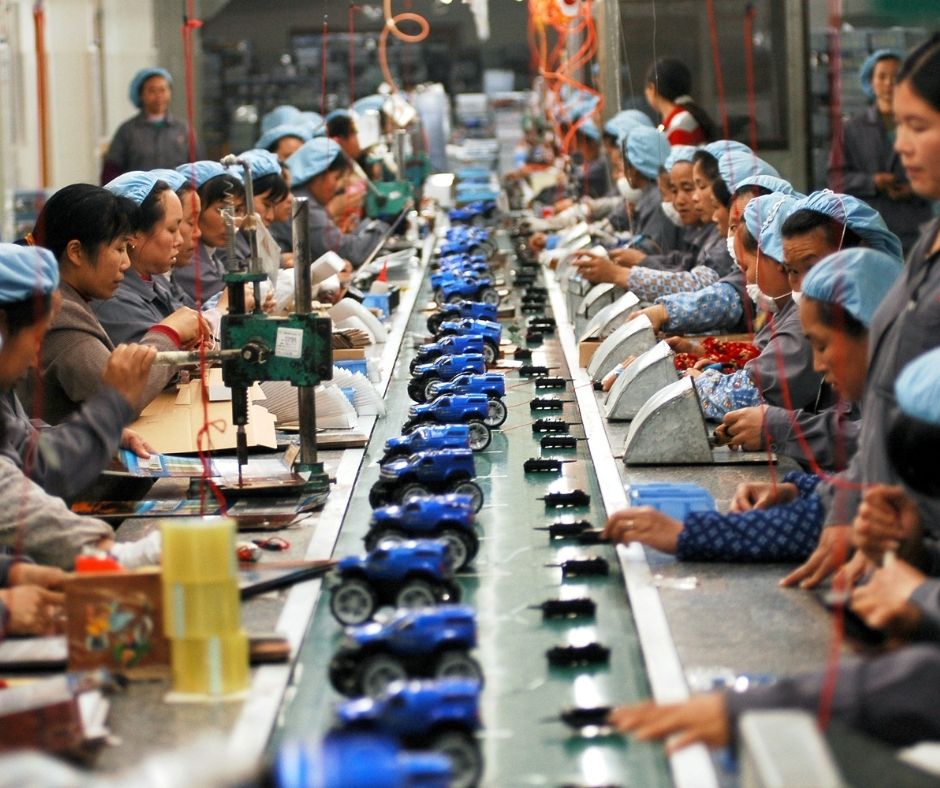This is why guest workers are essential for Hungary’s economy

The business association VOSZ has underscored the necessity of guest workers to support Hungary’s current phase of economic development, cautioning against administrative measures that could hinder such employment opportunities.
In a statement issued on Tuesday, VOSZ highlighted a critical shortage of blue-collar workers across the nation, emphasising that foreign labour is indispensable for completing investments that, in turn, generate additional local employment. Without the ability to secure essential hires, companies may be forced to scale back operations or relocate to business environments deemed more favourable.
Practical experience reveals widespread misconceptions regarding guest workers. Chief among these is the belief that their lower wages suppress Hungarian earnings or that higher domestic wages would eliminate the need for foreign labour. Yet, in many cases, employers hire guest workers despite the fact that the total cost of employing them can be substantially higher—by as much as 30 to 50 per cent—than for Hungarian nationals.
The reality is that the employment of migrant workers does not occur instantaneously. Integration entails considerable costs, including housing, training, travel, and the recurring expenses of replacing workers after their typical 2-3 years of availability. These factors illustrate that the value proposition of guest workers is far more nuanced than critics suggest.
As we reported earlier, Hungary lowers guest worker cap, 10 countries on the banned list

Addressing misconceptions about guest workers’ wages
The integration of foreign workers raises pertinent questions: how long does it take for a guest worker to start employment upon arrival in Hungary? And what are the associated costs to employers in readying these workers for their roles?
According to VOSZ, the principle of equivalence enshrined in the Labour Code guarantees that guest workers receive the standard wage for their role, irrespective of nationality. They can only earn more through overtime or additional responsibilities. Yet, the costs borne by employers in preparing guest workers for employment—covering accommodation, training, and logistical needs—far exceed those for Hungarian employees.
Guest workers tend to focus solely on their work during their temporary stay in Hungary, as their families often remain abroad. With a limited window of 2-3 years to provide for their loved ones, these workers are driven by necessity rather than choice. In contrast, Hungarian employees, living in their home country, balance their work responsibilities with family life, leisure, and social connections. This distinction significantly elevates the “value of free time” for Hungarian workers, shaping their preferences and readiness for certain roles.
The reality of differing priorities
It is not a matter of judgment between “good” and “bad” workers; rather, it reflects differing living conditions and priorities. Hungary’s rising standard of living has created a situation in which certain roles are no longer appealing or feasible for local workers. These gaps, therefore, must be filled temporarily by foreign labour—a pattern long observed in Western Europe and the United States, where less developed nations have historically provided workers for various sectors, not exclusively blue-collar.
As economic conditions evolve and technological advancements accelerate, the demand for guest workers may decline. However, in the interim, it is imperative to avoid the imposition of unnecessary bureaucratic hurdles that could stifle economic progress. The repercussions of such policies would be felt across the Hungarian economy and society at large.
After the worker cap: guest workers can still come to Hungary







